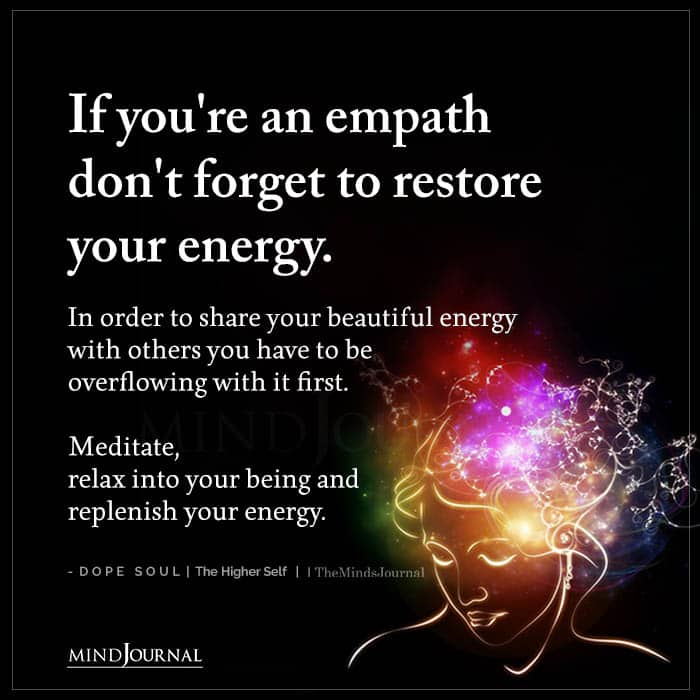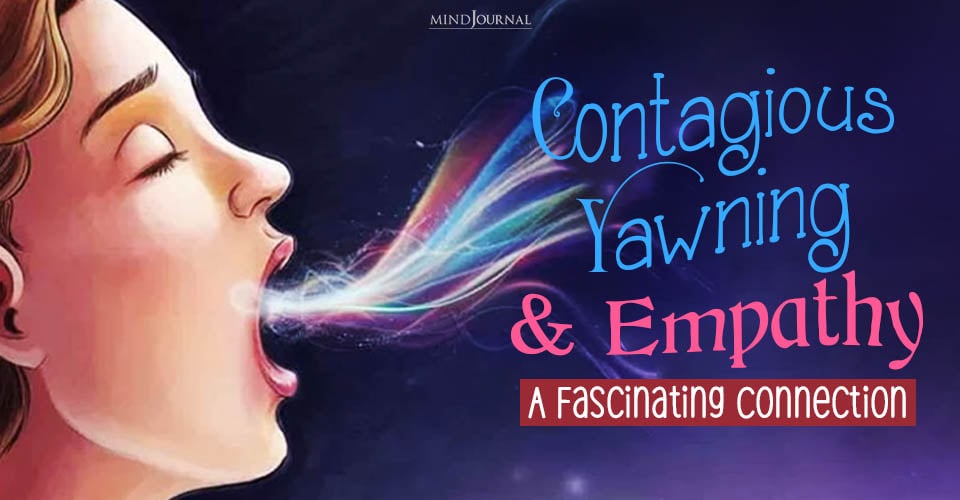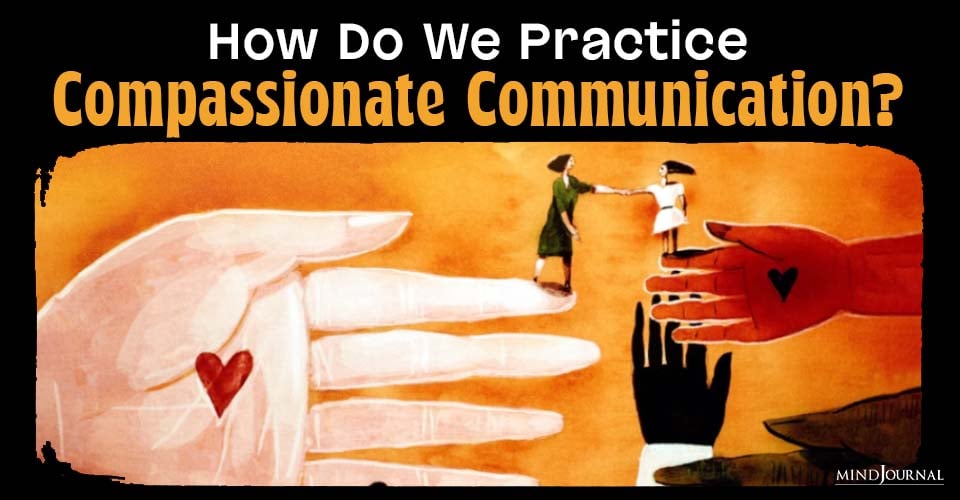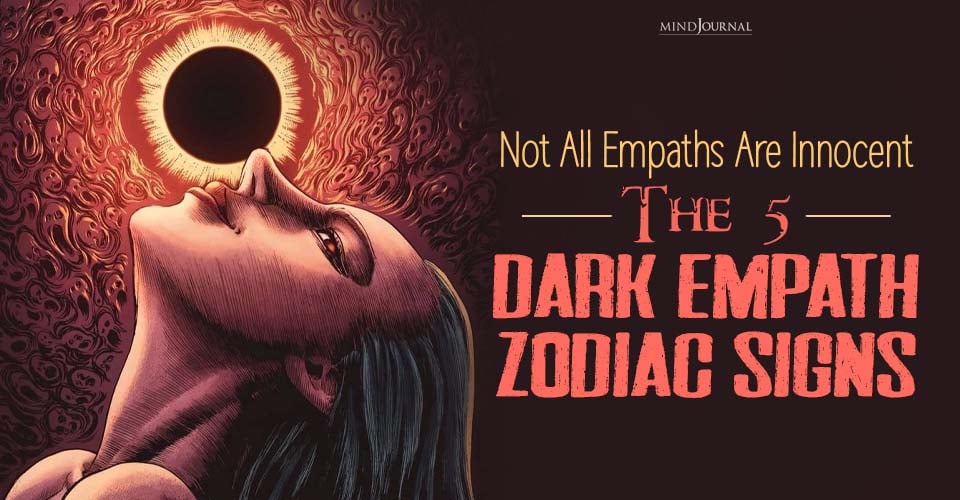Why are empaths so susceptible to alcohol, drug, sex, food, gambling, shopping, or other addictions? Is there any connection between empaths and addiction?
Empaths can become overwhelmed and overstimulated due to their extreme sensitivity. When they “feel too much,” including their own or another’s pain, some empaths self-medicate. If they don’t know how to manage this sensory overload, they numb themselves to shut off their thoughts and feelings to diminish empathy, though not everyone is aware of this motivation.
You pay a high price for coping with your sensitivities through addictions. They wear down your body, mind, and spirit creating illness, depression, and more anxiety as you try to manage an over-stimulating world. At best, addictions only provide short-term relief from sensory overload, but in the long term, they stop working and will worsen your feeling of being overwhelmed.
Related: 4 Secrets For Empaths to Slow Down
Self–Evaluation And Getting Support
Though not all alcoholics or addicts absorb other people’s energy, I’ve observed that a large portion do. Unfortunately, many empaths remain undiagnosed and don’t realize how overstimulation and high sensitivity fuel their addictive behaviors. It’s, therefore, crucial to understand whether you’re coping with your sensitivities by engaging in addictions. How do you know? Ask yourself the following questions from my book “The Empath’s Survival Guide”:
- Have I ever tried to stop overeating or using substances for a month but could only last a few days, despite my best intentions?
- Am I self-medicating to ease social anxiety or the stress I take on from the world?
If you suspect you are using alcohol, drugs, overeating, or addictive behaviors to manage the sensory overload of being an empath, take some time to reflect on how you cope by evaluating the following statements.
I Turn to Substances or Other Addictions When:
1. I’m overwhelmed by emotions (mine or another’s).
2. I’m in emotional pain and feel frustrated, anxious, or depressed.
3. My feelings are hurt.
4. I feel uncomfortable in my own skin.
5. I can’t sleep.
6. I feel emotionally unsafe in a situation.
7. I feel criticized, blamed, or rejected.
8. I feel shy, anxious, or don’t fit in socially.
9. I’m isolating at home and I need confidence to go out in public.
10. I’m tired and need an energy boost.
11. I feel drained by energy vampires.
12. I want to escape and shut out the world.
Here’s how to interpret this self-assessment:
- Answering yes to even one statement indicates that you sometimes turn to an addiction to cope with your sensitivities.
- Answering 2-5 yeses indicates you are moderately relying on an addiction to self-medicate feelings of sensory overload.
- Answering 6 or more yeses indicates you are largely coping with empathy by engaging in addictive behavior
Related: 5 Ways Empaths Can Protect Themselves from Toxic Energy
Alternatives To Self-Medicating: Strategies And Solutions
Self-awareness is liberating. No shame. No blame. By being aware of your addictive tendencies, you’re gaining a larger appreciation of how you cope with your empathy. Then you can more productively deal with it. Here are some action steps from “The Empath’s Survival Guide” to help manage sensory overload.
First, it’s necessary to identify your addiction. Honestly assess: How much do I drink or take other substances weekly? How often do I overeat to cope with feeling overwhelmed? Do I turn to other addictions (such as sex, love, gambling, shopping, video games, the internet, or excessive work) to lower my anxiety level or shut off my sensitivities?
Be compassionate with yourself. See if you find a pattern of self-medicating your feelings. Self-medicating even once a week or once a month indicates that you may have an issue with addictions.

Second, it’s crucial to realize that nothing on the outside–no substance, person, job, or amount of money–can make you feel comfortable with yourself and your sensitivities. Happiness is an inside job. You must learn to know, love, and accept yourself, a life-long process of discovery. The more you run from your sensitivities, the more uncomfortable you will get. As the Buddha said, “There is no external refuge.”
Third, for an ongoing plan to address your addiction, you might want to consider entering psychotherapy and/or attending Twelve-Step meetings for support. It’s important to find healing modalities to inspire you in having a healthy relationship with yourself and others. Then, as an empath, you won’t be at the mercy of the painful feeling of sensory overload and you will be able to center yourself to find a liberating sense of balance in your life.
(Adapted from “The Empath’s Survival Guide: Life Strategies for Sensitive People” by Judith Orloff MD)











Leave a Reply